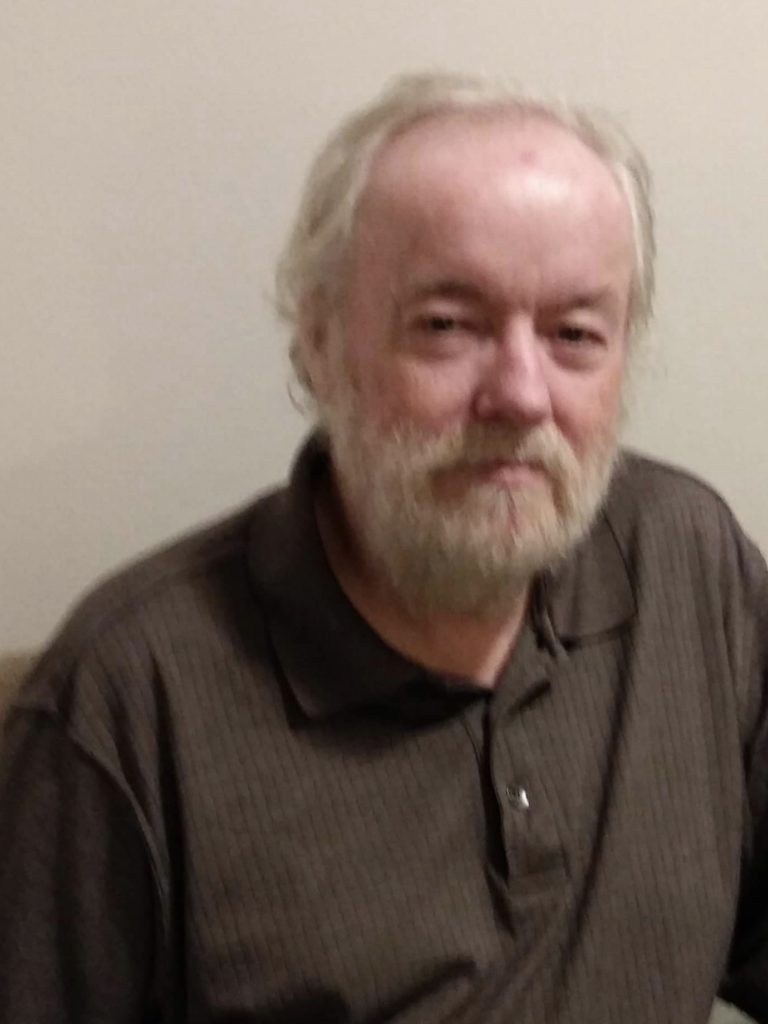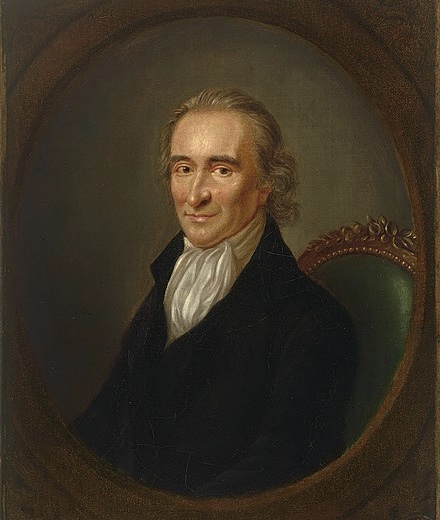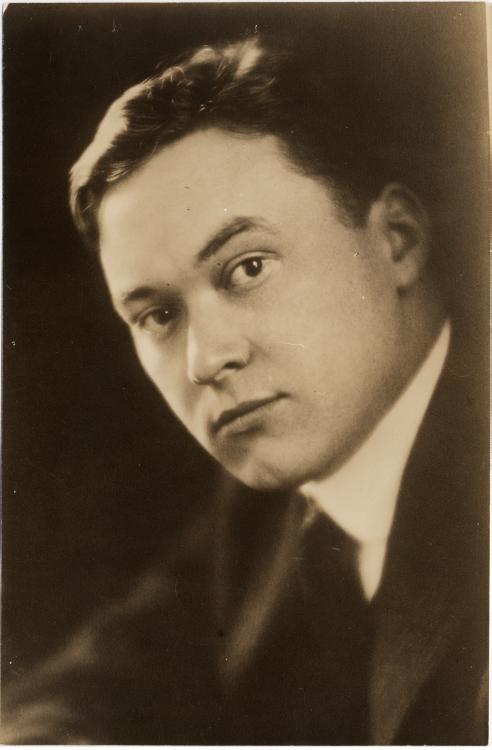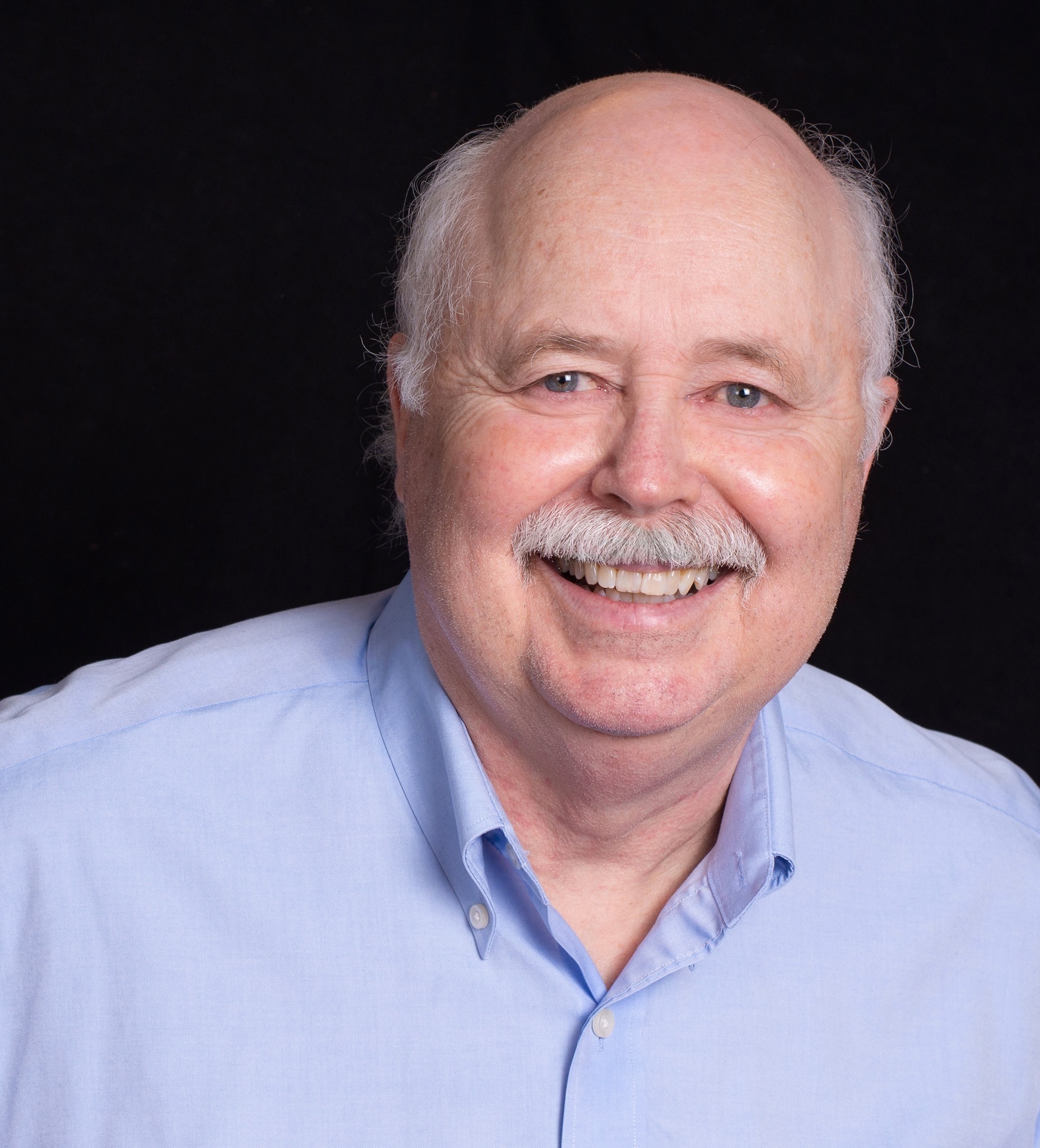Introduction

I am very pleased to present this article, “Human Rights, Religion and the Decay of American Society,” written by my friend, John Ruane. In this piece John brings his considerable knowledge and insight to bear on what he sees as the strong connection between the rise of materialism and the decline of religion and awareness of Human Rights in American society today. I first read John’s article as a post on his Facebook page and it immediately resonated with me as both a warning about what is happening to our nation, and a challenge to do something about it before it’s too late. The first step in handling such a situation is always education and raising awareness, and I believe reading this article by John, if you understand the points he is making, does exactly that. I encourage you to not just read it for yourself, but to share it with others as well. As for John, he is currently 67 years old, married and lives in Clearwater, Florida. He holds a bachelor’s degree from Florida State University and a Master’s degree in modern European history from the University of South Florida. He also holds the unique distinction of having seen his favorite rock group, the Rolling Stones, perform live 16 times across the last 50 years. With all that understood, here is “Human Rights, Religion and the Decay of American Society,” by John Ruane…MA
_____________________________
I make a lot of noise on Facebook with my posts and the memes I repost; but I want to simply state my deep beliefs about a few things.

American society is degenerating as a direct result of the decrease of religion and the rise of materialism. By religion I don’t mean religious dogmatism. By religion I mean the belief in a higher power, or Logos[1], that is the basis for Truth; very Platonic[2], I know. To put it better, I’ll quote Thomas Paine[3], “I believe that religion consists not in believing or disbelieving, but in doing justice, loving mercy, and endeavoring to make our fellow creatures happy.”
I call it religion because it does depend on a higher Truth or God or Logos. Any argument for human rights that does not hold that the value of human life comes from a higher power will always end up in a circular argument. Any non-spiritual based belief in human value will always depend on circumstances, historic perspective, and constructed arguments, which in the end are arbitrary values. Basing human value on a spiritual source is the only way to make the argument for human rights permanent.

Walter Lippmann[4] wrote, “The decay of decency in the modern age, the rebellion against law and good faith, the treatment of human beings as things, is without a doubt the consequence of the decay in the belief in man as something more than an animal animated by highly conditioned reflexes and chemical reactions. For, unless man is something more than that, he has no rights that anyone is bound to respect, and there are no limitations upon his conduct which he is bound to obey.”
Even the most avowed atheist or clinical psychologist cannot successfully defend the claim that the only reason one enjoys the music of Mozart over the sound of fingernails scratching on a blackboard is the arrangements of chemicals in the listener’s brain. If people are merely chemical reactions, then they have no lasting claim to rights.

Now, individuals may not believe in a spiritual side to life and yet still have respect for their fellow man. But an organized society will not. Such organized societies and governments in the past who believed that what they were working for was the good of all, ended up with gulags and concentration camps.
Religions are philosophical interpretations of the nature of the spiritual side of life. There are several main ones. Churches are the organizations that support those various interpretations. There are many of them. Governments are organized legal authority. Their authority is based on force or consensus or tradition. Religions, churches, and governments are all human activities and are therefore all susceptible to human failings. History clearly shows that.
Church and state must be kept separate; that is, the structure of law must not be based on any religious dogma of any particular Church. Nor should the state promote any particular religion or church. But the ideal state would be one based on the sanctity of human rights being outside the opinion of the majority or legislature. “We hold these truths to be sacred and undeniable, that all men are created equal; that they are endowed by their Creator with certain inalienable rights; that among these are life, liberty, and the pursuit of happiness.” These were Jefferson’s original words in the Declaration of Independence, but “sacred and undeniable” were changed to “self-evident.”[5]

Many Churches in the past, generally, were arms of social justice. The abolitionist movement in the 19th century and the civil rights movement in the 1960s were led by church leaders. In modern America churches need to survive financially, and in order to do this they have to compromise the Sermon on the Mount[6] so as to fulfill their financial obligations. This is why I cringe when I hear people demanding to tax the churches. This will only cripple the good ones and favor the religious scammers whose intentions are money-making and who will always find ways around the law.
I am increasingly persuaded that democracy will not work outside the bounds of Judeo-Christian beliefs. This is why it doesn’t seem to hold as well in areas of the world that fall outside of this tradition. Democracy will evolve into fascism or worse, to the degree that materialism becomes the prevailing philosophy.
It falls upon each person to think for themselves on this, but think deeply, forgetting slogans and passionate appeals—your conscience should be your guide.
But, as you do, keep in mind another quote from Walter Lippmann: “If they do not believe in some spiritual basis of mankind then the rights of man will never ultimately be protected from the tenets of materialism.”
Copyright © 2019
By John Ruane
All Rights Reserved
[1] Logos, (Greek: “word,” “reason,” or “plan”) plural logoi, in Greek philosophy and theology, the divine reason implicit in the cosmos, ordering it and giving it form and meaning. The concept defined by the term “logos” is found in Greek, Indian, Egyptian, and Persian philosophical and theological systems, and is reflected in later Judeo-Christian efforts to explain the nature of God and man’s relationship with God.
[2] The two most common senses of “platonic” come from the same source, yet are different enough in meaning that it is rather important to distinguish between them. The original sense relates to the ancient Greek philosopher,Plato, or to his philosophy. It will always be capitalized. A secondary meaning that also stems from the name of the philosopher describes something (such as feelings or a relationship) that is characterized by an absence of romance or sex (a platonic relationship in this sense might simply be called a friendship). This sense alludes to Plato’s belief that love between people could be so strong as to transcend physical attachments. John’s use in this article is capitalized and therefore refers to the Classical ancient Greek philosopher Plato (approximately 426 BC – approximately 348 BC) and/or his philosophy. He is widely considered the pivotal figure in the history of Ancient Greek and Western philosophy, along with his teacher, Socrates and his most famous student, Aristotle. Plato is recognized as the founder of the first Western institution of higher learning, the Academy, which he established in Athens in 387 BC. A believer in the immortality of the soul, Plato and his writings and philosophy vastly influenced the development of Western religion and spirituality, as well as concepts of Ethics, Justice and Politics.
[3] Thomas Paine (1737-1809) was an English-born American political activist, philosopher, political theorist, and revolutionary. He authored the two most influential pamphlets at the start of the American Revolution (“Common Sense” and “The American Crisis”) and inspired the colonials in 1776 to declare independence from Great Britain. His ideas reflected Enlightenment-era ideals of universal human rights. “Common Sense” was so impactful that John Adams said: “Without the pen of the author of ‘Common Sense’, the sword of Washington would have been raised in vain”.Paine lived in France for most of the 1790s, and became deeply involved in the French Revolution. In 1791, while in France, he wrote his influential “Rights of Man”, in part a defense of the French Revolution against its critics, which sold nearly a million copies and was widely read by reformers, revolutionaries, and religious dissenters in both Europe and America. While Paine acknowledged a belief in God and an afterlife, he was not a fan of established religious institutions and churches, decrying them in his writings as not otherwise “than human inventions, set up to terrify and enslave mankind, and monopolize power and profit.” To Paine, “my own mind is my own church,” and he detested the Bible as, “a history of wickedness that has served to corrupt and brutalize mankind…” Paine’s religious views alienated him from the bulk of Americans who were mostly Christian Bible readers, so when he returned to the United States in 1802 his popularity was greatly diminished in the country he helped found. Upon his death in New York in 1809 his funeral was attended by just 6 people.
[4] Walter Lippmann, (born Sept. 23, 1889, New York City—died Dec. 14, 1974, New York City), was an American newspaper commentator and author who in a 60-year career made himself one of the most widely respected political columnists in the world. He is famous for being among the first to introduce the term “Cold War” to describe the US vs Soviet Union conflict of the late 1940s, 50s and 60s, for coining the term “stereotype” in the modern psychological meaning, and for critiquing media and democracy in his newspaper column and several books, most notably his 1922 book “Public Opinion.” He is considered one of the most influential journalists of the 20th century, and is often called the “Father of Modern Journalism.” In the late 1940s, in contrast to the Cold War containment strategy of the Soviet Union being adopted by the US at the time, Lippmann became the leading public advocate of the need to respect the Soviet sphere of influence in Europe. He became an informal adviser to several presidents. On September 14, 1964, President Lyndon Johnson presented Lippmann with the Presidential Medal of Freedom, but he later had a rather famous feud with Johnson over his handling of the Vietnam War, of which Lippmann had become highly critical. He won a special Pulitzer Prize for journalism in 1958, as a nationally syndicated columnist, citing “the wisdom, perception and high sense of responsibility with which he has commented for many years on national and international affairs.” Four years later he won the annual Pulitzer Prize for International Reporting, citing “his 1961 interview with Soviet Premier Khrushchev, as illustrative of Lippmann’s long and distinguished contribution to American journalism.” A penetrating student of philosophy, economics and political science since his college days, Lippmann was among the first American publicists to suggest that the mounting crisis in contemporary Western Society was integrally related to the decline of the natural law tradition, which John alludes to here in this article. Lippmann retired from his syndicated column in 1967. He died in New York City of cardiac arrest in 1974.
[5] The change in wording from Jefferson’s “sacred and undeniable” to “self-evident” in the Declaration was suggested by Benjamin Franklin. Franklin made only a few changes, some of which can be viewed written in his own hand on what Jefferson referred to as the ‘rough draft’ of the Declaration. (This remarkable document is at the Library of Congress and on its Web site.) The most important of his edits was small but resounding. He crossed out, using the heavy backslashes that he often employed, the last three words of Jefferson’s phrase ‘We hold these truths to be sacred and undeniable’ and changed them to the words now enshrined in history: ‘We hold these truths to be self-evident.’ The idea of ‘self-evident’ truths was one that drew less on John Locke, who was Jefferson’s favored philosopher, than on the scientific determinism espoused by Isaac Newton and on the analytic empiricism of Franklin’s close friend David Hume. In what became known as ‘Hume’s fork,’ the great Scottish philosopher, along with Leibniz and others, had developed a theory that distinguished between synthetic truths that describe matters of fact (such as ‘London is bigger than Philadelphia’) and analytic truths that are self-evident by virtue of reason and definition (‘The angles of a triangle equal 180 degrees’; ‘All bachelors are unmarried’). By using the word ‘sacred,’ Jefferson had asserted, intentionally or not, that the principle in question—the equality of men and their endowment by their creator with inalienable rights—was an assertion of religion. Franklin’s edit turned it instead into an assertion of rationality.
[6] The Sermon on the Mount is a collection of sayings and teachings of Jesus Christ, which emphasizes his moral teaching found in the Gospel of Matthew (chapters 5, 6, and 7). It takes place relatively early in Jesus’ ministry, after he has been baptized by John the Baptist, finished his fasting and meditation in the desert, and begun to preach in Galilee. The Sermon is the longest continuous discourse of Jesus found in the New Testament, and has been one of the most widely quoted elements of the Gospels. It includes some of the principal teachings of Jesus and the widely recited Lord’s Prayer. The Sermon on the Mount is generally considered to contain the central tenets of Christianity.


2 Responses
It is good to see such a well written and well reasoned presentation of the truth.
Thanks, Roger! I will relay your comments to John. He will appreciate hearing from you. MA